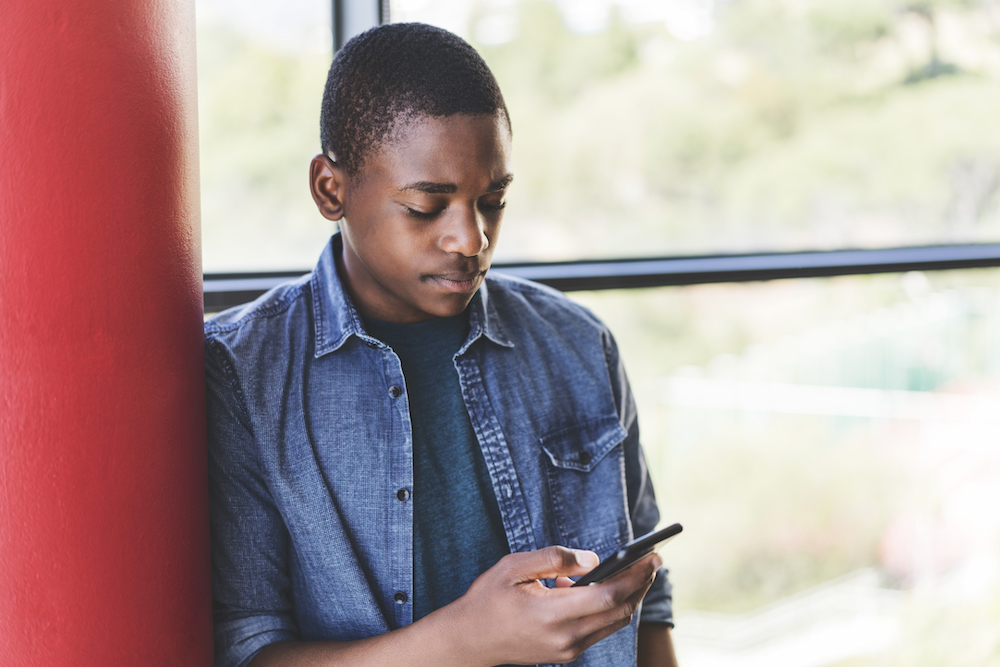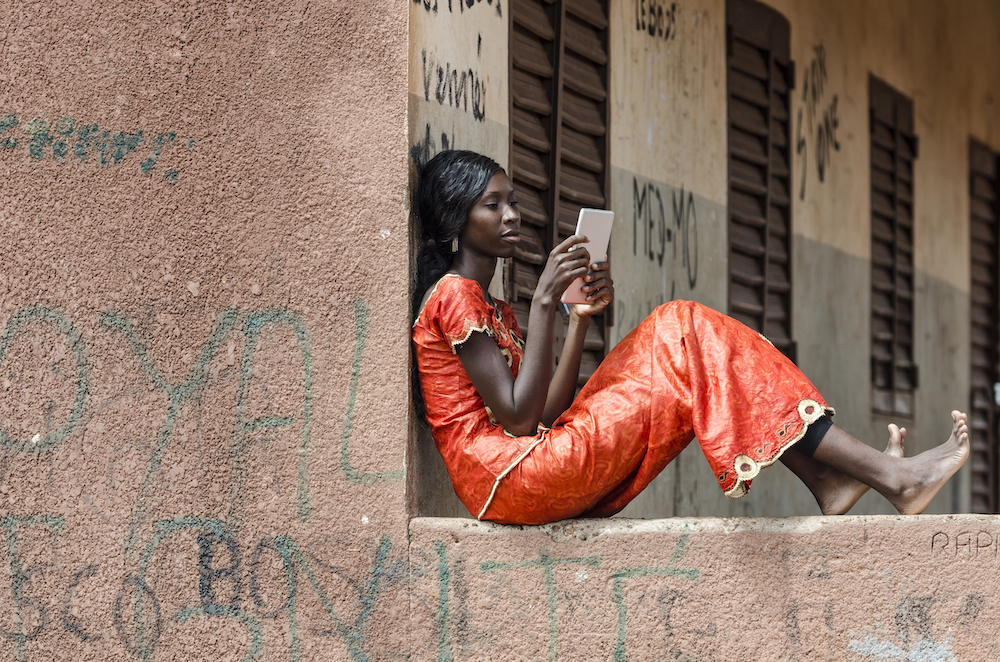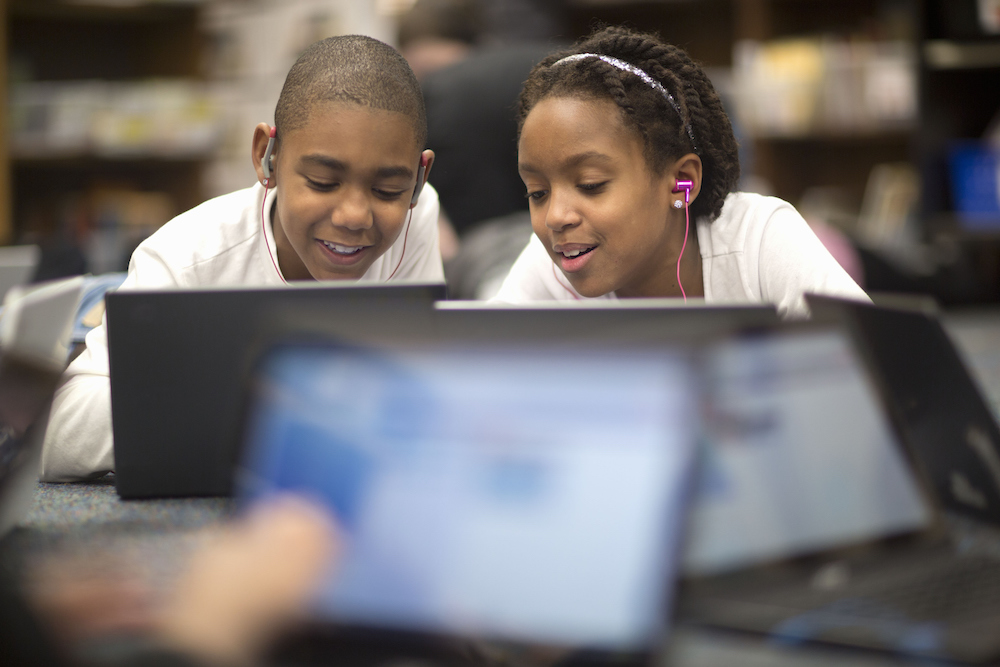Lesson Objective
Participants will acknowledge the contributions of others as content creators and participate in online communities appropriately.
Participants will acknowledge the contributions of others as content creators and participate in online communities appropriately.

Ready?
Begin Lesson
One way to participate in online communities is by creating your own content and sharing it with others. Just like there are rules for what can and cannot be posted there are also rules for creating new content. In this lesson, you will learn how to create and share content appropriately and give credit to other creators when needed.
When you participate in digital spaces as a content creator, it is important to follow copyright and intellectual property rights. In this section, you will learn about how to create content, including how to credit other creators when appropriate.
Copyright is a legal right that “protects original works of authorship,” including the following:
A trademark is a design, slogan or symbol that represents a product or service offered by an individual, group or organization (like a brand name or logo). The goal of trademark laws is to make product affiliations clear and reduce confusion among consumers.
Intellectual property rights help individuals, groups or organizations to protect the original brands, products, services and works of art or media that they created or own. Through intellectual property rights, creators and publishers have the right to share their work when and how they choose. They also have the right to control how their work is shared and used by others. Violating intellectual property rights unfairly impacts the individual or organization who created or owns that work. In some cases, it can also result in legal action.
A Creative Commons license allows creators to give their work a more free and open license with varying degrees of copyright control. Creative Commons licenses ensure creators get credit for their content and help creators control how their work is used.
Creative Commons licenses vary but can include the following elements:
For more information about Creative Commons licenses, visit Creative Commons' site.
Fair use is “a legal doctrine that promotes freedom of expression by permitting the unlicensed use of copyright-protected works in certain circumstances”. Examples of fair use include:
When you’re considering cases of fair use, ask yourself the following questions:

Congrats!
You've finished the lesson

Students will learn how to keep their online information more secure by using and maintaining strong passwords.
View Page
Students will learn to recognize unsecured Wi-Fi when it is available to them, understand the trade-offs inherent in using unsecured Wi-Fi, and make informed decisions about when to connect to and use unsecured Wi-Fi.
View Page
Students will learn about malicious online users who might attempt to use security weaknesses to gather information about them.
View Page
Students will learn what information verification is and why it is important for news consumers.
View Page
Students will learn about a five-step checklist they can use to verify the origin, source, date, location, and motivation of news.
View Page
Students will learn how to keep their online information more secure by using and maintaining strong passwords.
View Page
Students will learn to recognize unsecured Wi-Fi when it is available to them, understand the trade-offs inherent in using unsecured Wi-Fi, and make informed decisions about when to connect to and use unsecured Wi-Fi.
View Page
Students will learn about malicious online users who might attempt to use security weaknesses to gather information about them.
View Page
Students will learn what information verification is and why it is important for news consumers.
View Page
Students will learn about a five-step checklist they can use to verify the origin, source, date, location, and motivation of news.
View Page